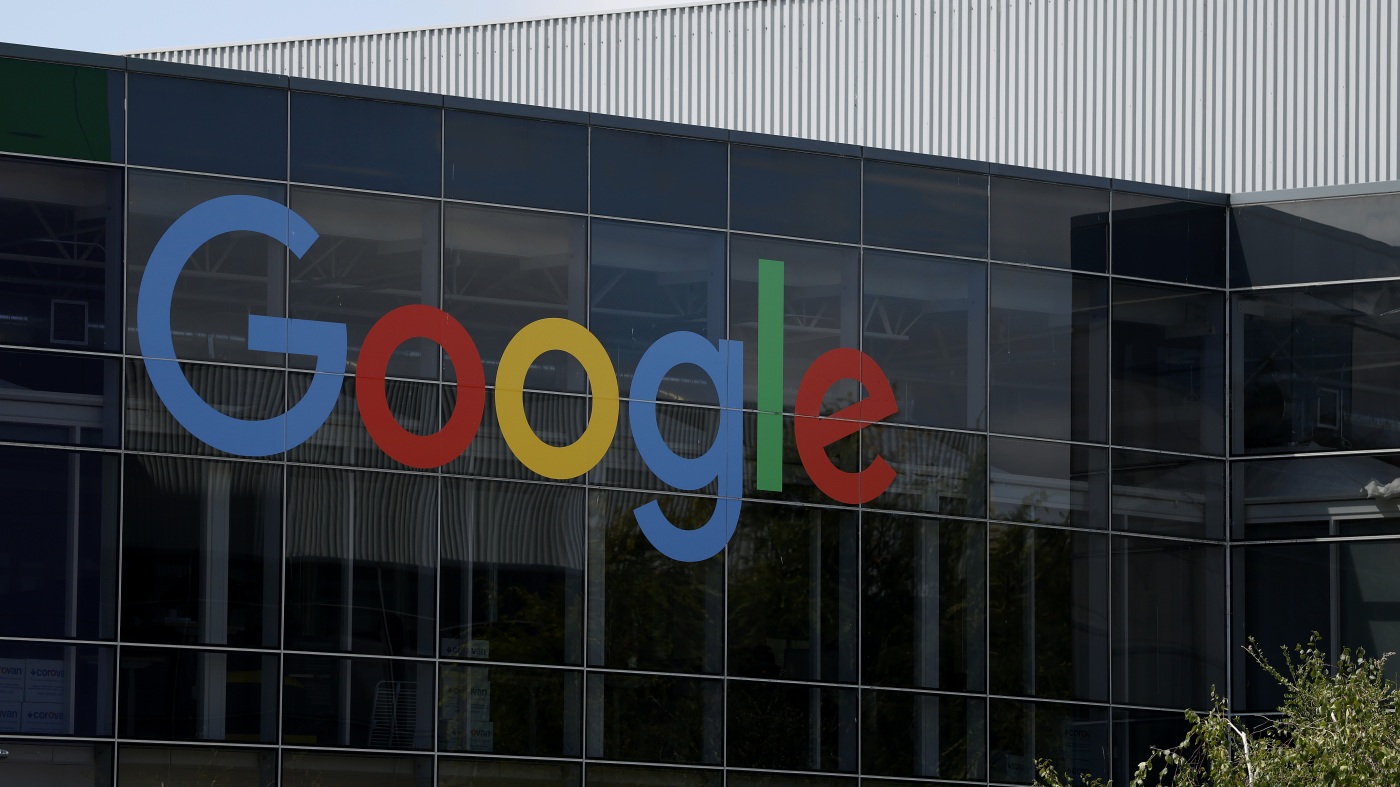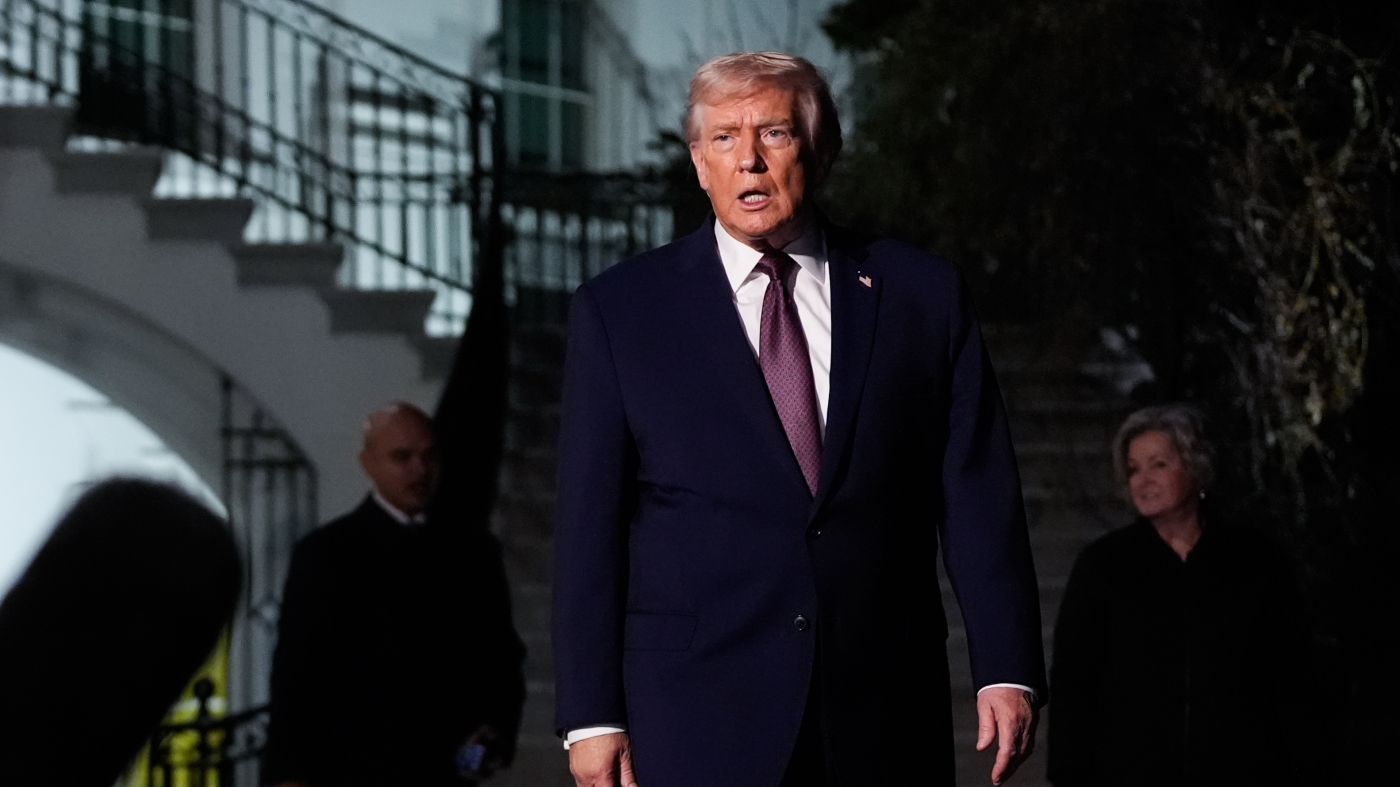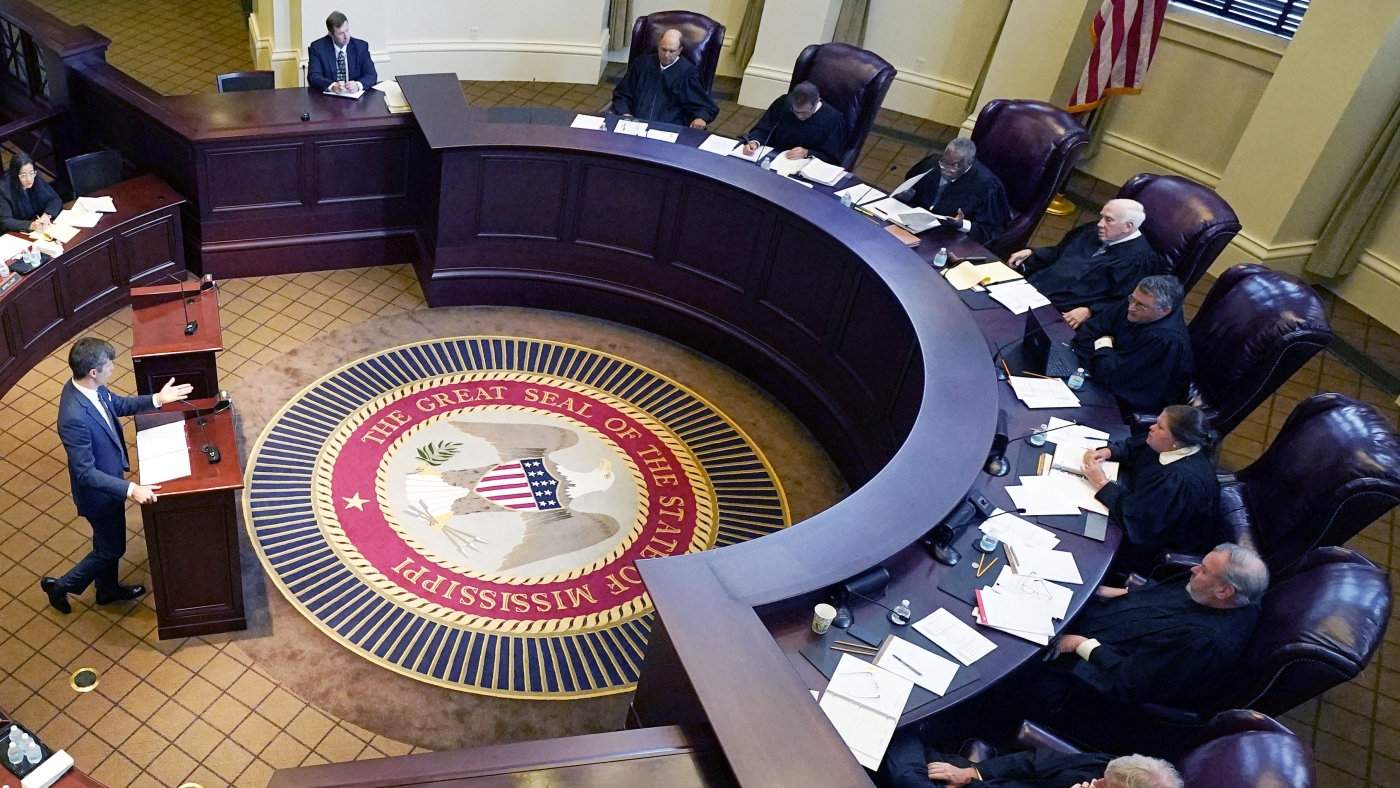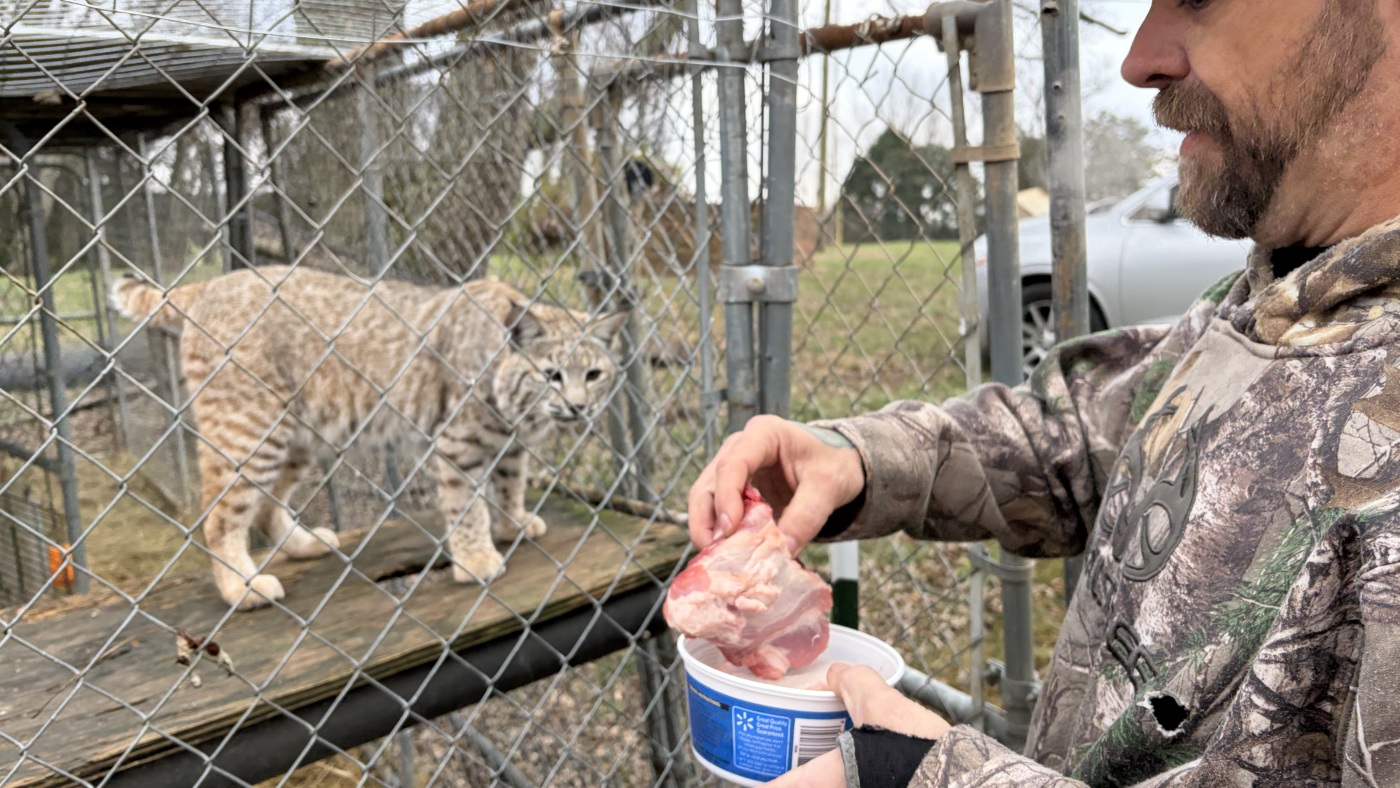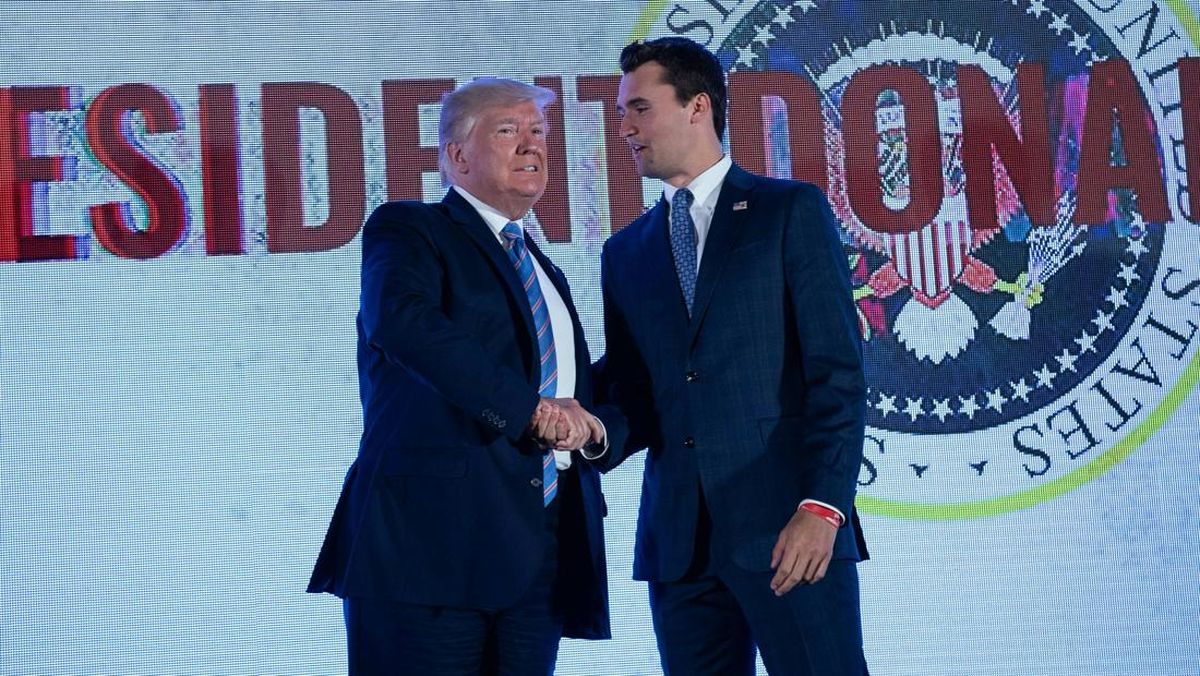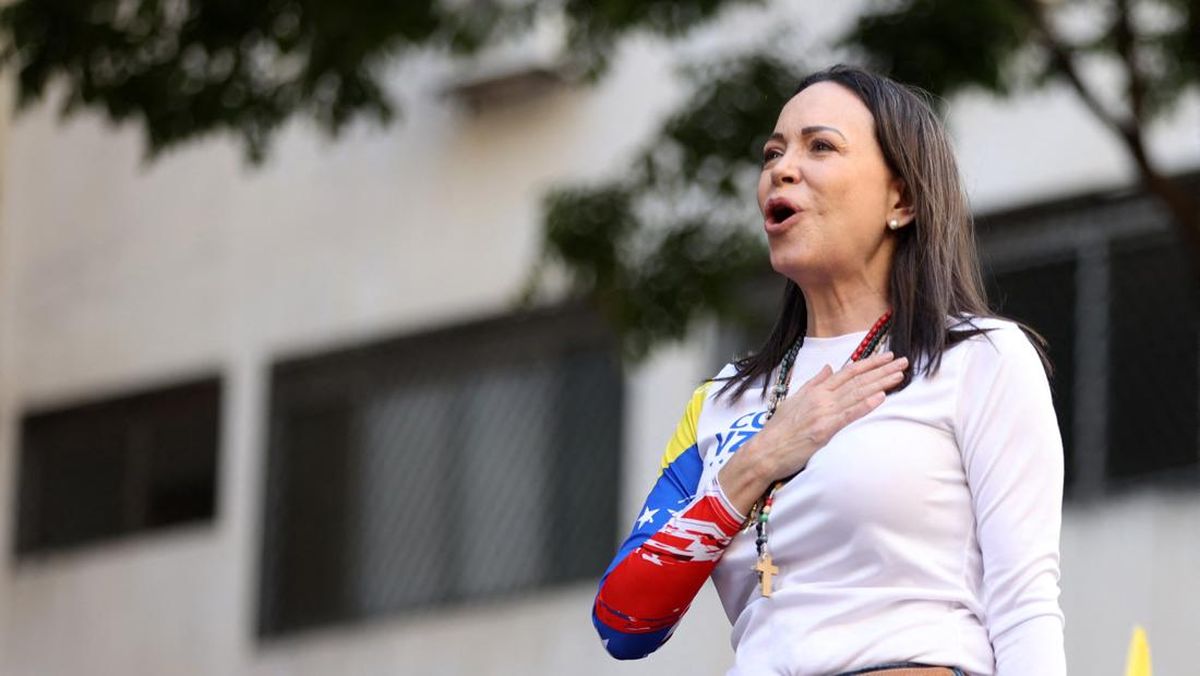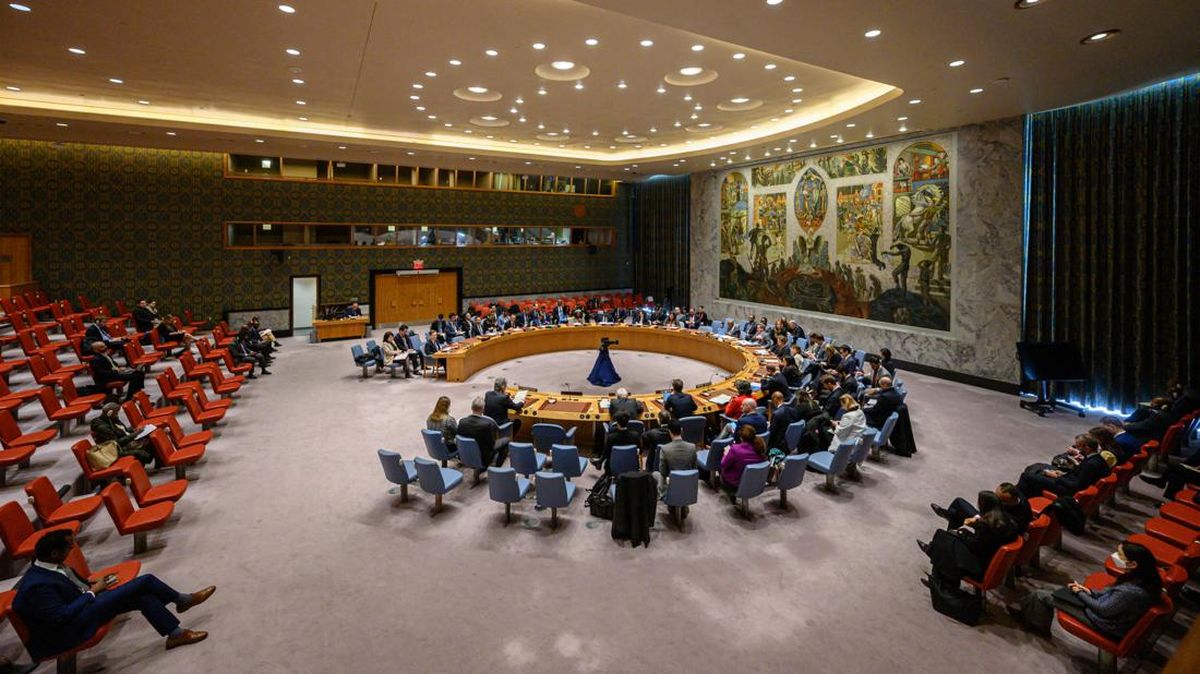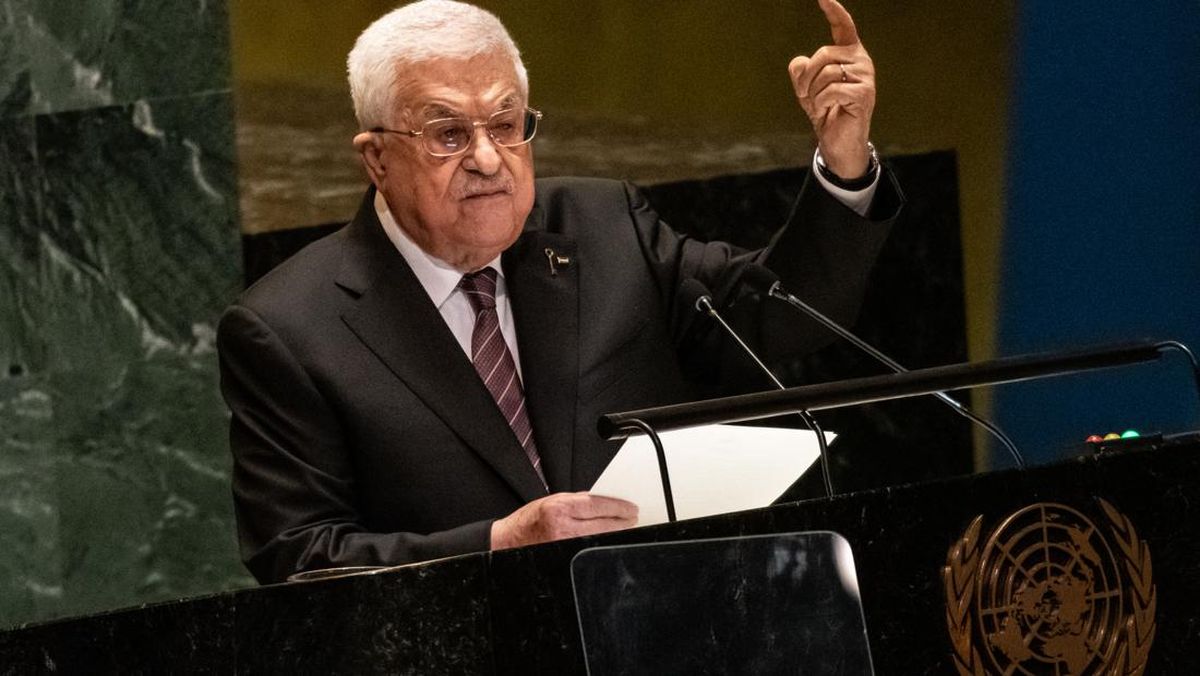
Kraft Foods and Heinz merged into one company in 2015. Gene J. Puskar/AP hide caption
toggle caption
Gene J. Puskar/AP
Hot dogs go to the left; ketchup to the right. That's Kraft Heinz, one of the world's largest food conglomerates, splitting into two companies.
The breakup comes a decade after its messy mega-merger, orchestrated by billionaire investor Warren Buffett and considered one of his notable missteps. In recent weeks, both Kraft Heinz and Buffett's Berkshire Hathaway took multibillion-dollar impairment charges reflecting the declining value of the food giant.
Kraft Heinz spent years slicing its costs while rivals invested in new ideas to keep up with changing consumer tastes. Budget-conscious shoppers have been buying more store-brand packaged foods, while people willing to spend extra often reach for fresher alternatives to processed products.
Now, Kraft Heinz executives hope the sum of two separate companies will be greater than the firm's current value.
The first, which Kraft Heinz is calling "Global Taste Elevation Co." as a placeholder name, will focus on shelf-stable foods and encompass Heinz, Philadelphia and Kraft Mac & Cheese.
The second will be smaller, including Oscar Mayer, Maxwell House, Capri Sun and Lunchables among other brands. It will be run by Kraft Heinz' current CEO, Carlos Abrams-Rivera.
The merger went sour
Kraft Foods and H.J. Heinz merged in 2015 in a mega-deal led by the firms that controlled Heinz: Buffett's Berkshire Hathaway and Brazilian private-equity firm 3G Capital.
3G was famous for its cost-cutting approach to consumer companies, having reinvigorated Burger King and beverage giant Anheuser-Busch. But the strategy failed to feed much growth at Kraft Heinz.
In 2019, after massive layoffs and lost sales, the company shocked Wall Street by writing down the value of marquee brands Oscar Mayer and Kraft by $15 billion. It faced shareholder lawsuits and an investigation by U.S. financial regulators.
In July, Kraft Heinz once again reported a drop in sales and a net loss of nearly $8 billion, largely thanks to a $9.3 billion impairment charge attributed to the declining share price. Soon after, Berkshire Hathaway also wrote down the value of its investment in Kraft Heinz with its own $3.8 billion impairment charge.
Buffett had maintained his financial stake even as 3G Capital completed its quiet exit from Kraft Heinz last year. In a rare admission, Buffett did acknowledge he "was wrong in a couple of ways on Kraft Heinz" and had overpaid in the deal, but praised the historic strength of the brands.

 3 months ago
51
3 months ago
51

